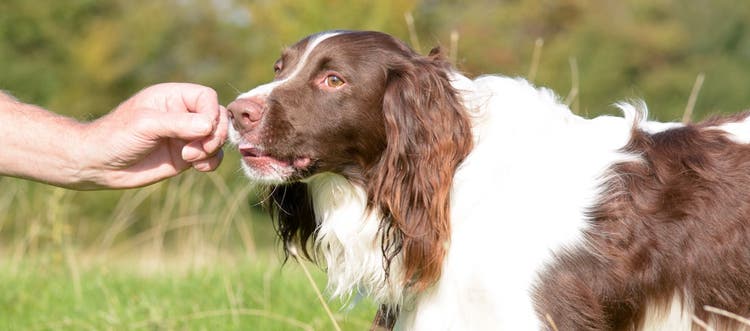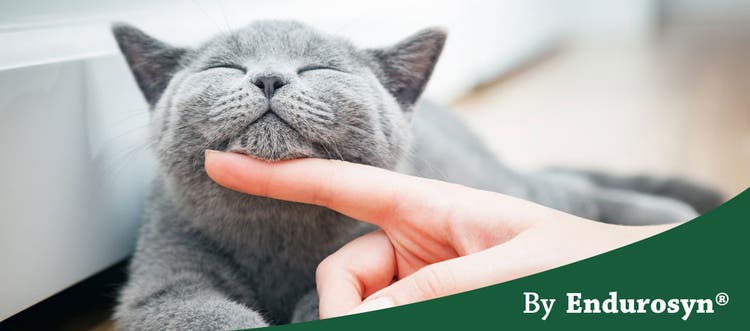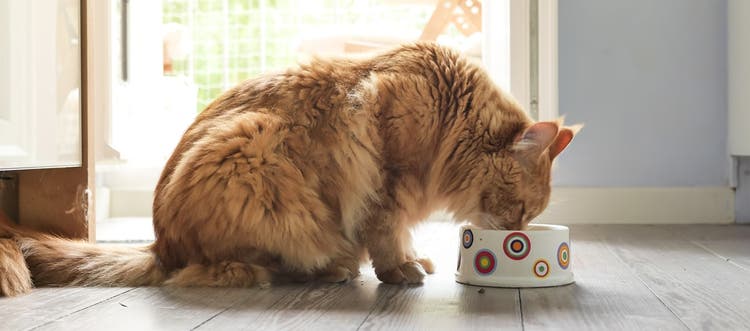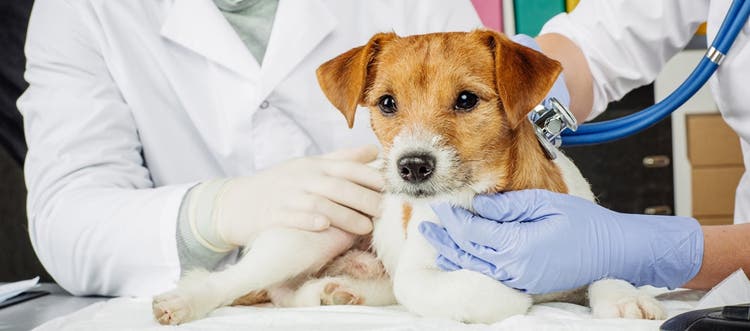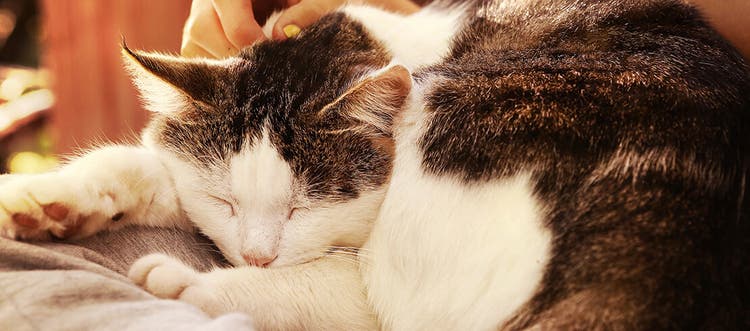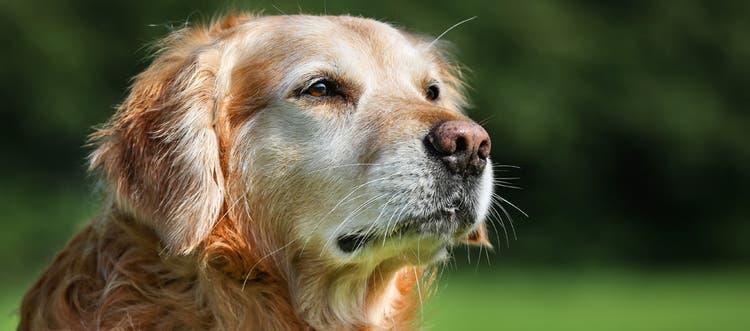Keep your senior cat happy and healthy.
Due to better diets and improved veterinary care, cats are living longer. The aging process creates imbalances that may require additional support. Supplements can help bridge the gap to complement your senior cat's daily needs.
The Unique Needs of Cats
As strict carnivores, cats have unique needs, requiring more protein than dogs. Cats prefer to eat frequent small meals throughout the day, and early on in life, they tend to develop preferences for the size, shape and taste of their food.
Senior Cat Nutritional Needs
Cats’ nutritional requirements change as they age. They often need more calories, experience changes in their digestive system, and can suffer from joint problems and other negative effects of aging. Assessing your cat’s nutritional needs as they age can help them stay healthy for years to come.
Food for Senior Cats
Until they’re about 10 to 12 years of age, cats require fewer calories and may have a tendency to be overweight or even obese.
After reaching this age, your cat’s caloric requirements may increase. This causes many older cats to experience weight loss and, even more significantly, loss of muscle mass, called sarcopenia.
Aging cats may also have reduced digestive function, as well as decreased absorption of certain vitamins and minerals. The normal bacterial flora that keep the feline gut healthy may also change as cats age.
Supplements for Senior Cats
Changes you’ve seen in your senior cat’s behaviors and routines — especially relating to mobility, self-maintenance or grooming, activity level, and social and exploratory behavior — may be the first signs of declining joint health, stiffness or discomfort in a cat.
Many of these changes are rarely observed during veterinary examinations, but they can be important clues to determine if an older cat is stiff or uncomfortable and could benefit from supplements that help maintain healthy joint mobility.
Ask your veterinarian about cat supplements that may help your pet maintain their good health as they age:
- Antioxidants help support normal body system functions in aging cats and eliminate damaging free radicals, reducing their negative effects in the body.
- Glucosamine, green-lipped mussel and chondroitin sulfate may support the structure and function of joints in cats as they age.1
- Omega-3 fatty acid supplements may help to relieve occasional joint stiffness, among other potential health benefits.
- Probiotics and prebiotics may help maintain a healthy microbial balance and support proper digestion and bowel health in senior cats.
Other Ways to Keep Your Senior Cat Comfortable
In addition to assessing your senior cat’s diet and talking with your vet about supplements, here are some suggestions for helping your senior cat stay happy and comfortable:
- Make all resources easy for an older cat to reach. If an aging cat has to walk or climb for food or water, they may choose to do without.
- Offer multiple padded beds or resting places with easy access or ramps.
- Provide your senior cat with a large litterbox that has low sides and sand-type litter.
- Create safe hiding places for your cat, in case they are stressed or just need to relax.
- Ask your vet about ways to keep your cat stimulated and entertained through environmental enrichment.
1. Lascelles BDX, DePuy V, Thomson A, et al. (2010). J Vet Intern Med. 24:487-495.
